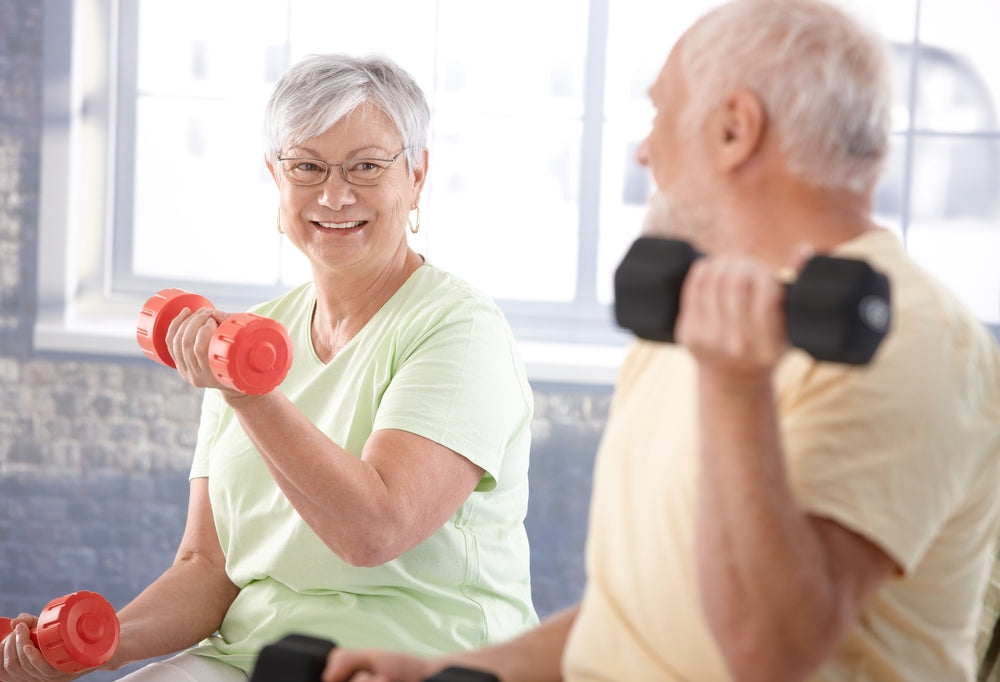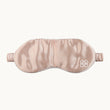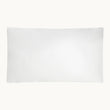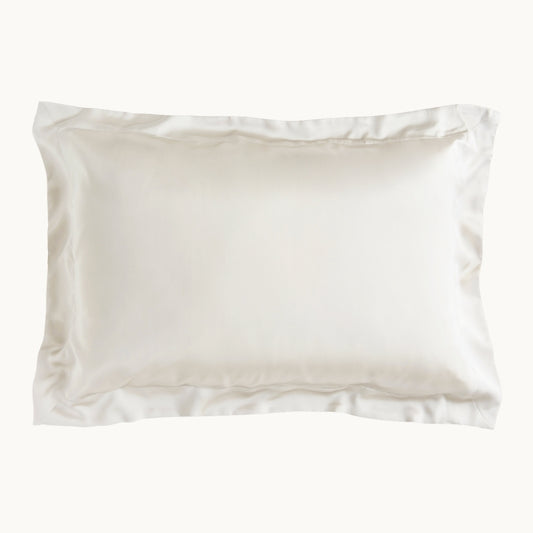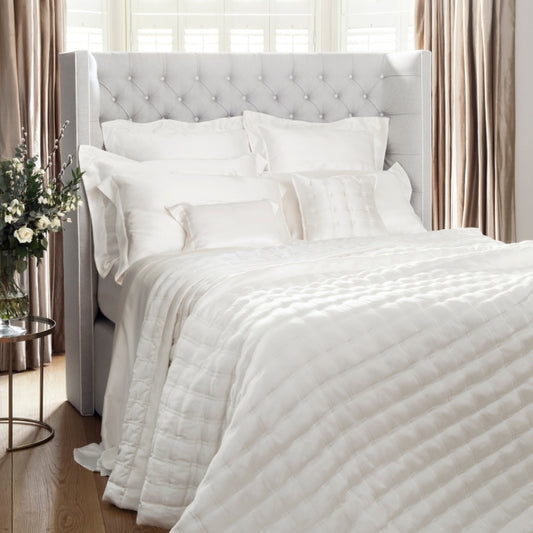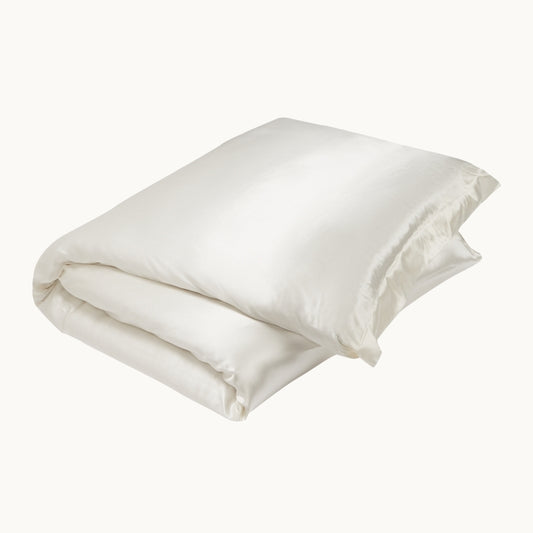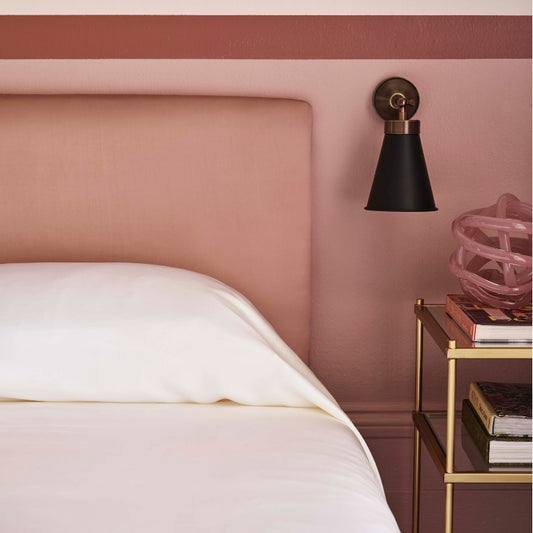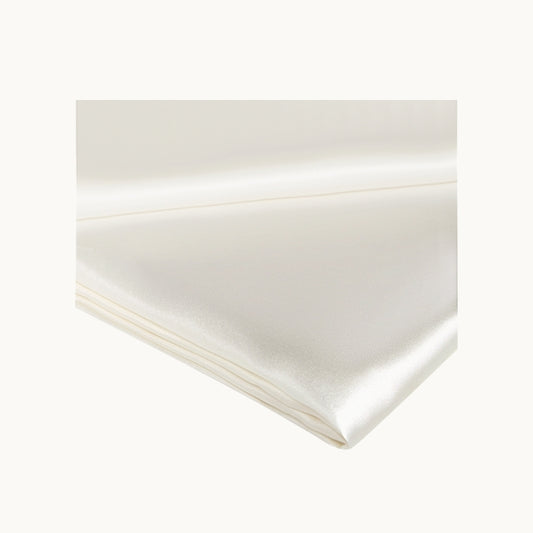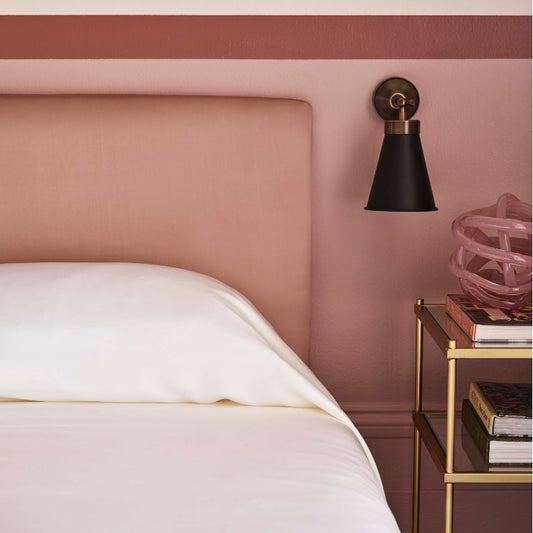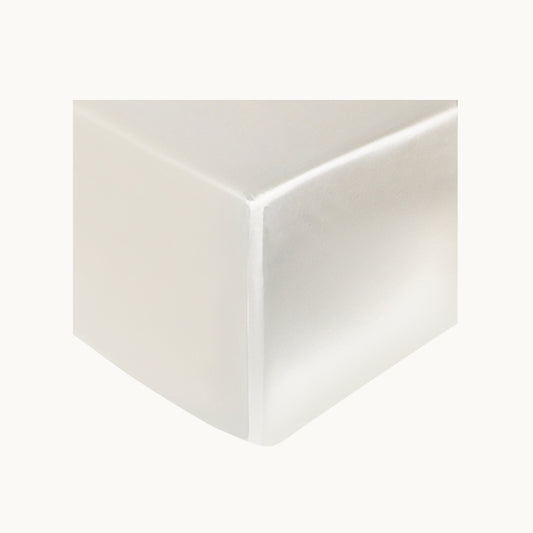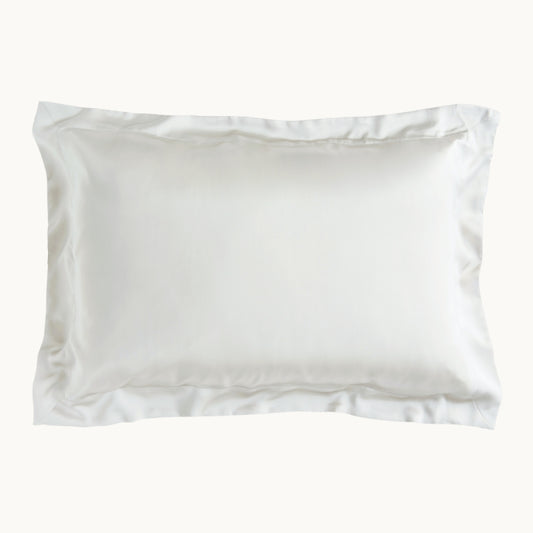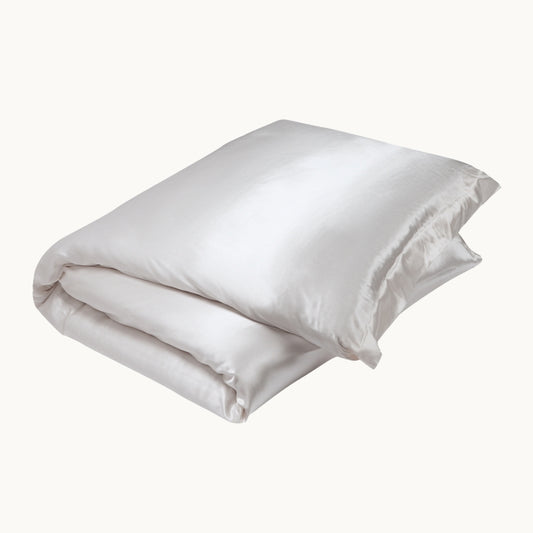Last week we discussed the ancient Chinese practice of feng shui and how it affects your sleep; this week we tackle the subject of health and fitness, and whether the food you eat, the exercise you do, and the lifestyle you live can adversely affect your sleep. We’ll also take a look at some of the ways you can improve your sleep, simply by changing a few small parts o...
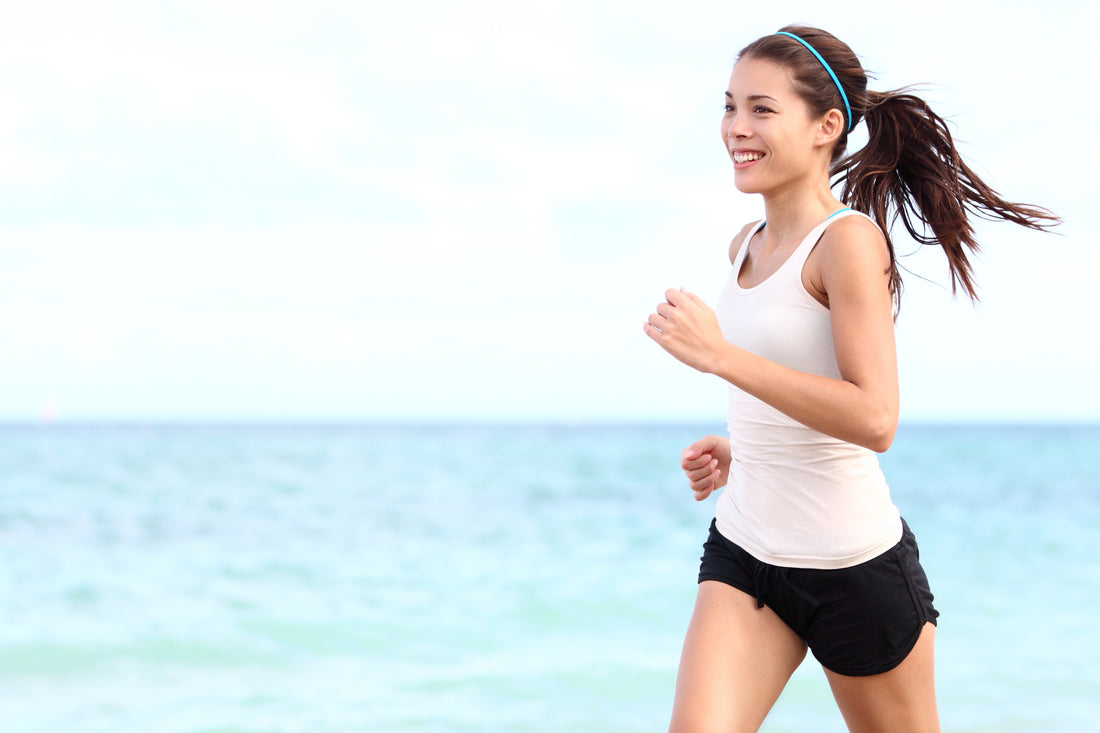
Does Health and Fitness Affect Sleep?
Posted on 18 March 2016Last week we discussed the ancient Chinese practice of feng shui and how it affects your sleep; this week we tackle the subject of health and fitness, and whether the food you eat, the exercise you do, and the lifestyle you live can adversely affect your sleep. We’ll also take a look at some of the ways you can improve your sleep, simply by changing a few small parts of your daily life.

How Does Food Affect Your Sleep?
There are many foods that we associate with sleep – especially in a negative way – such as cheese and alcohol, but do these foods really affect sleep? If food can have a profound impact on your ability to sleep, are there foods that we should be eating to sleep better? We asked Registered Dietitian Nichola Whitehead, from nicsnutrition.com, to find out.If you have trouble sleeping, what foods should you be eating – or avoiding – and why?
Avoid having a large meal late in the day as you might still feel uncomfortably full when you go to bed. This can make it much harder to sleep and may even develop heartburn which could make matters worse. Additionally, avoid small bedtime snacks as they can have a similar effect. Carbohydrates are a good food to have before bed as they break down into glucose which triggers the release of insulin; insulin helps the brain better convert tryptophan to serotonin, which creates the feeling of calm and makes you feel sleepy. Similarly, try a glass of milk before bed as calcium also helps the brain convert tryptophan into serotonin.

And at what time of the day should you avoid eating, in order to have a good night’s rest?
It takes a few hours to digest food, so eat your last meal of the day at least three hours before bed.How do the following foods actually affect your sleep?
Cheese
A great source of calcium that helps the brain convert tryptophan into serotonin.Bananas
Bananas are great for sleep as they are full of potassium, which is a muscle relaxant.Alcohol, tea and coffee
Alcohol can cause restless sleep – as can caffeine. Don’t drink any caffeine eight to nine hours before bed. This allows the effects to wear off. The same goes for alcohol. If you’re really struggling to sleep on a regular basis, try avoiding alcohol for a few weeks to see if this helps.Sugary foods
A small biscuit with a glass of milk may not be an issue before bed (and may actually help with sleep), however, be careful not to go crazy on sugary foods as a heavy or full stomach will affect sleep.What is your number one tip for a good night’s sleep?
Have your evening meal at least three hours before bed and if you want anything before bed, stick to a warm glass of milk, as this soothing provides both carbohydrates and calcium to stimulate sleep-inducing hormones.

How Does Fitness Affect Your Sleep?
Inactivity is often anecdotally associated with bad sleep – many of us feel we can’t sleep if we spend the day being lazy on the couch – but is this actually true? We talked to fitness expert Dan Redwood, trainer at Matt Roberts, to find out how much your fitness and general lifestyle can actually affect your ability to sleep.In order to get a good night’s sleep, how often should you work out?
The recommended amount of activity is between three to five hours of activity a week. This doesn't necessarily mean every session needs to be ridiculously intense but this amount of time is needed for a good level of health and fitness.Which forms of exercise would you recommend?
Walking is one of the best forms of exercise as it gets us moving our whole body. It’s also a great way to burn excess fuel, however, you need to walk for longer periods of time to make any drastic changes. Somewhere between 45 – 60 minutes would be a good place to start. For a balanced training week, we recommend three weight sessions a week and two 45-minute walks.
